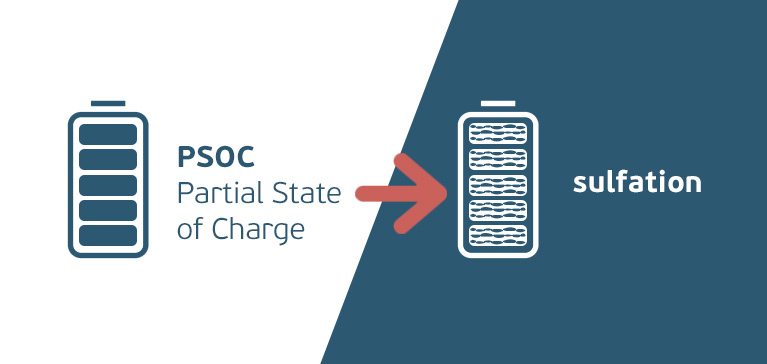Many energy storage systems operate in partial-state-of-charge (PSOC) conditions, where batteries are rarely fully charged (e.g., solar power banks). Traditional lead-acid batteries degrade quickly in PSOC, but lead-carbon thrives.
The PSOC Problem in Lead-Acid
- Stratification: Sulfuric acid concentration varies, reducing efficiency.
- Sulfation: Without full recharges, sulfate buildup accelerates.
How Lead-Carbon Solves This
- Carbon’s capacitive effect: Acts as a buffer, absorbing and releasing charge rapidly.
- Lower internal resistance: More efficient energy transfer even at partial charge.
Applications Benefiting Most:
- Renewable energy storage (solar/wind)
- Microgrids
- Hybrid vehicles
Lead-carbon’s ability to handle PSOC makes it a future-proof choice for modern energy systems.


